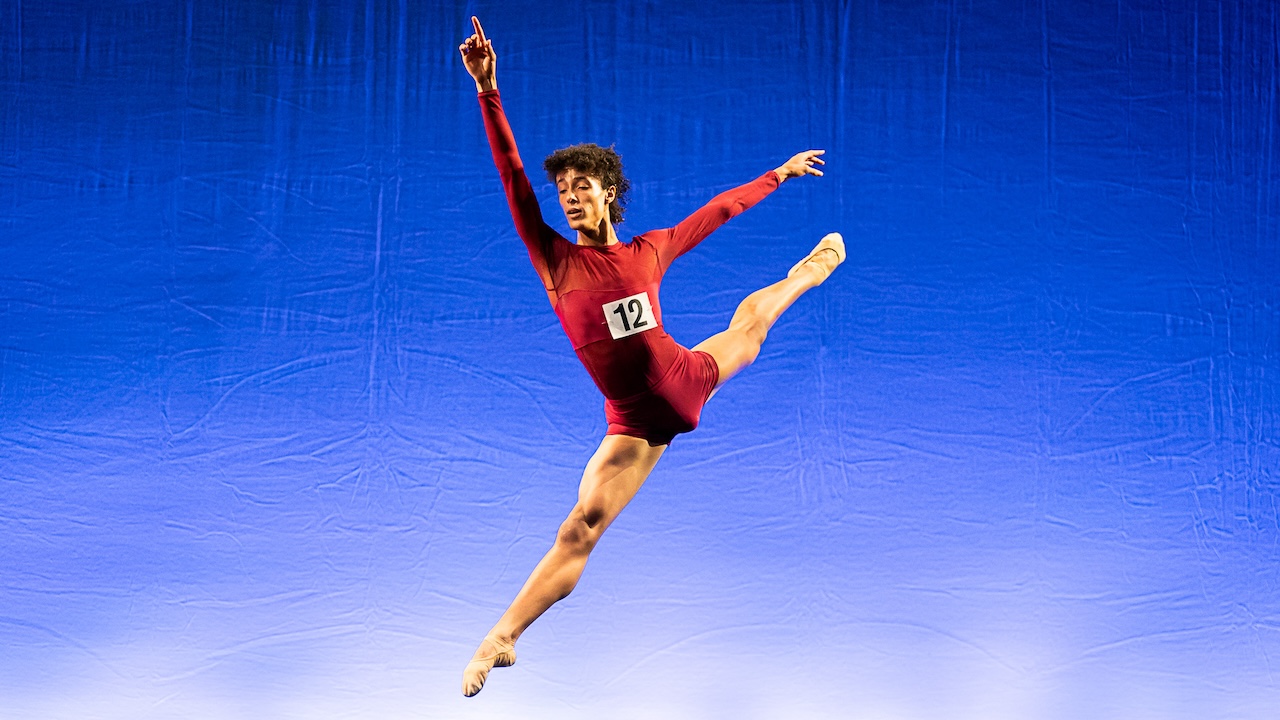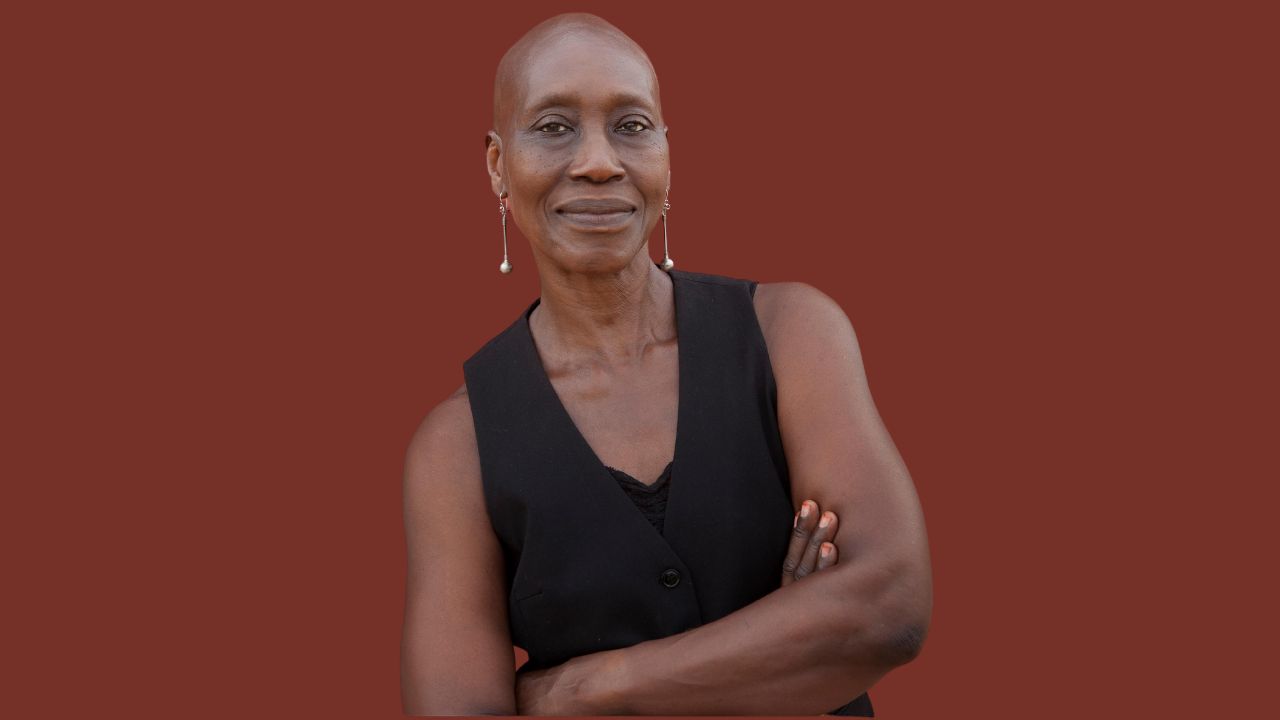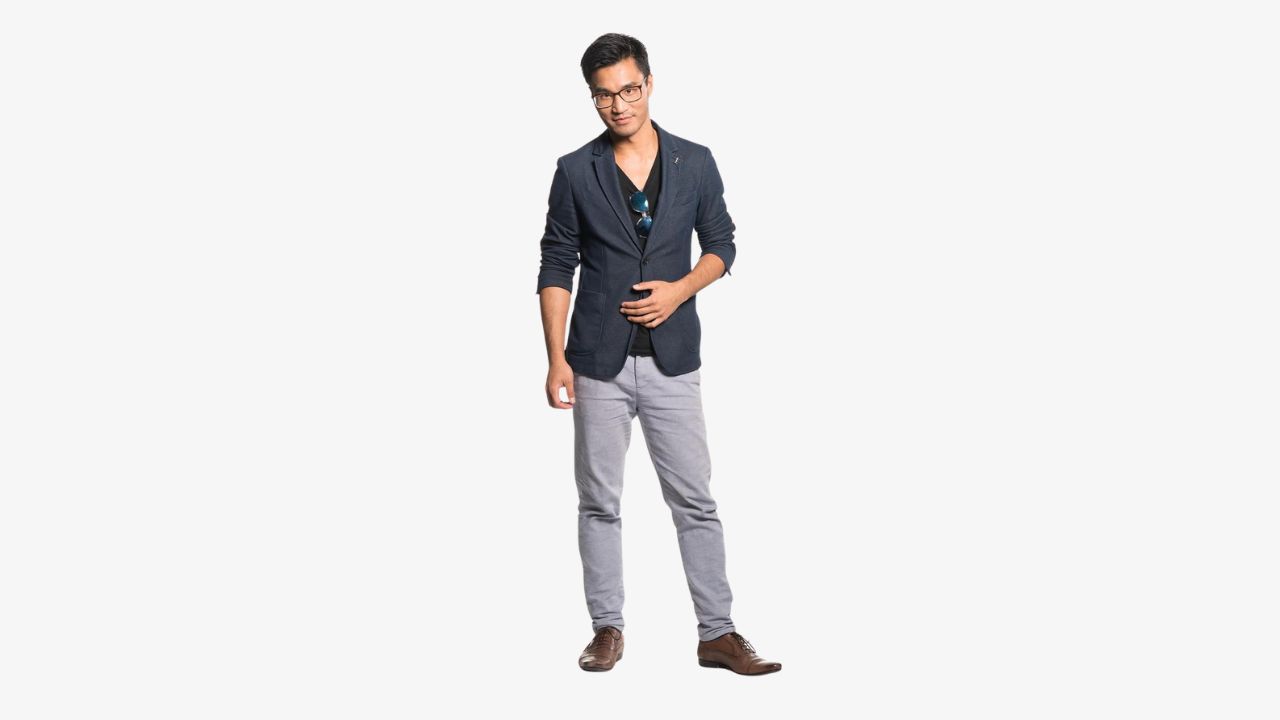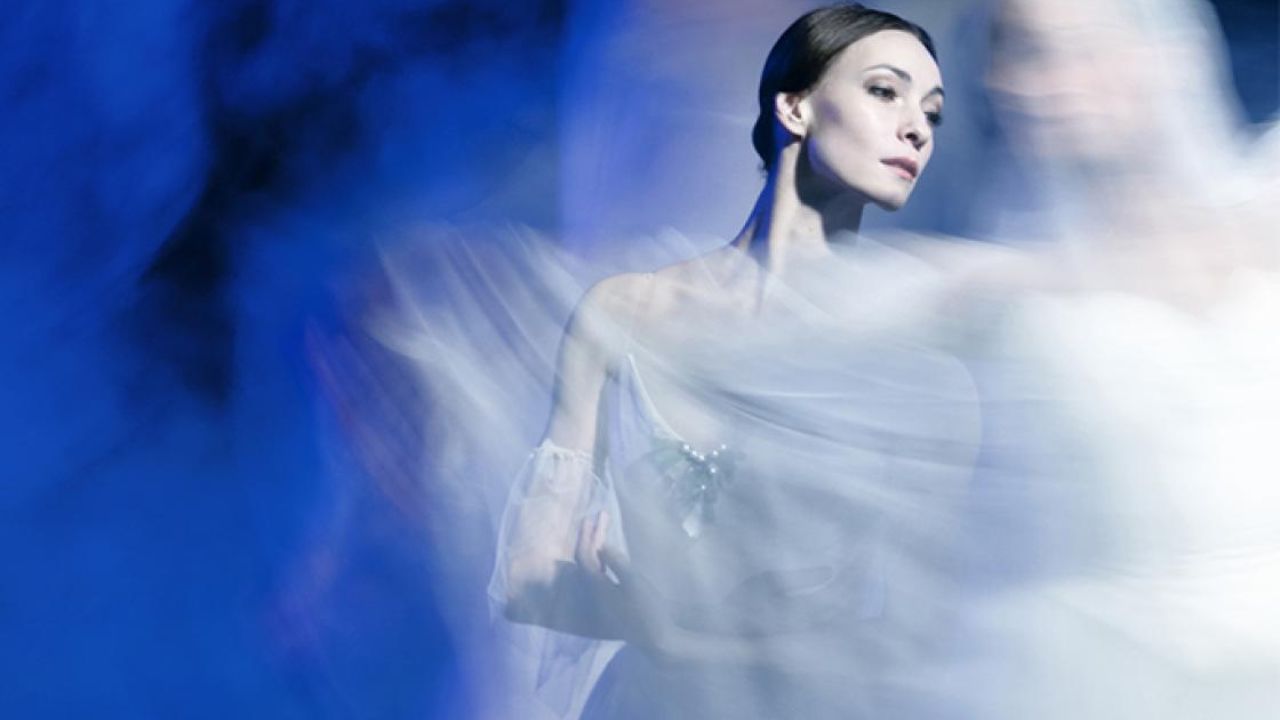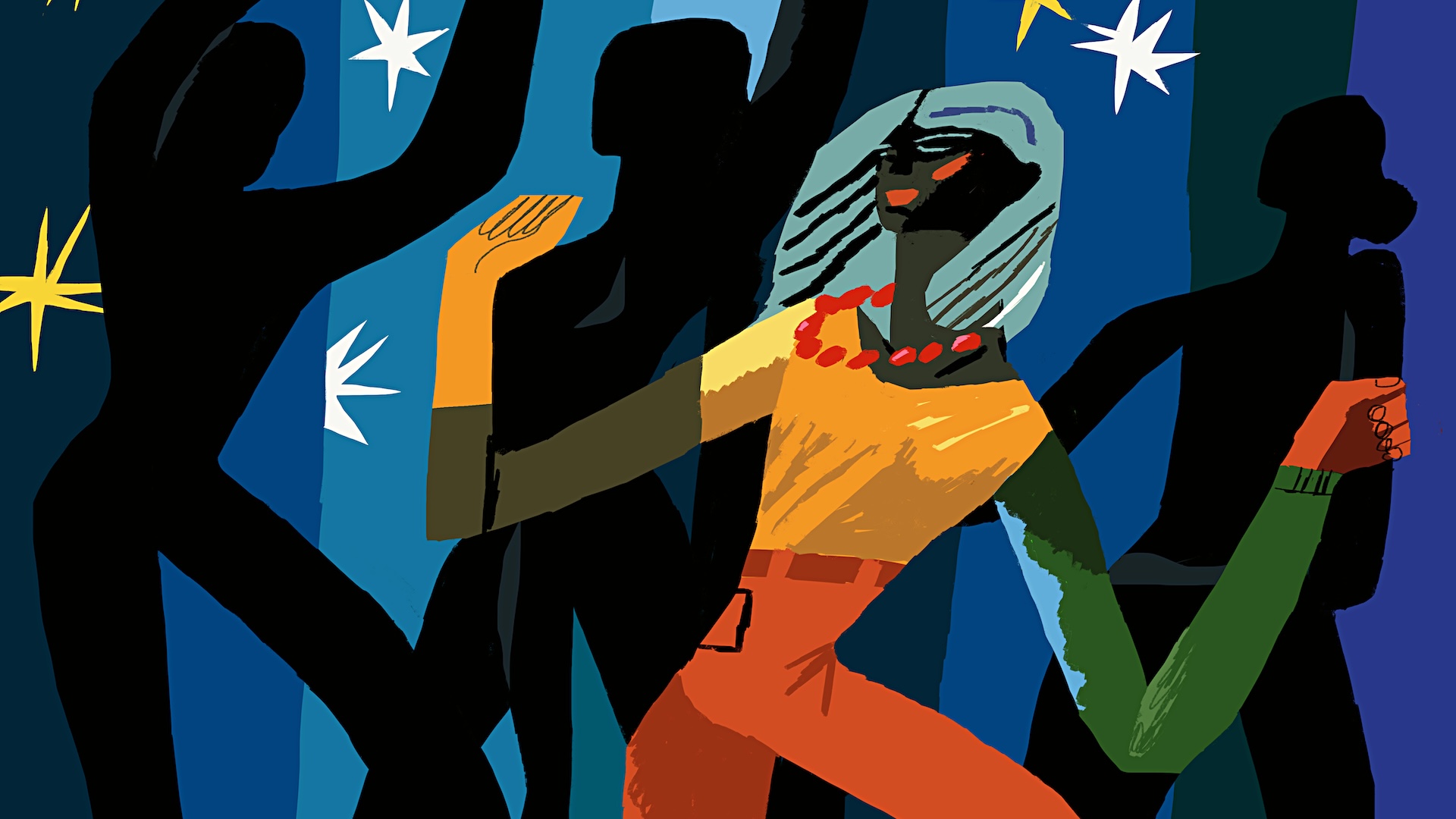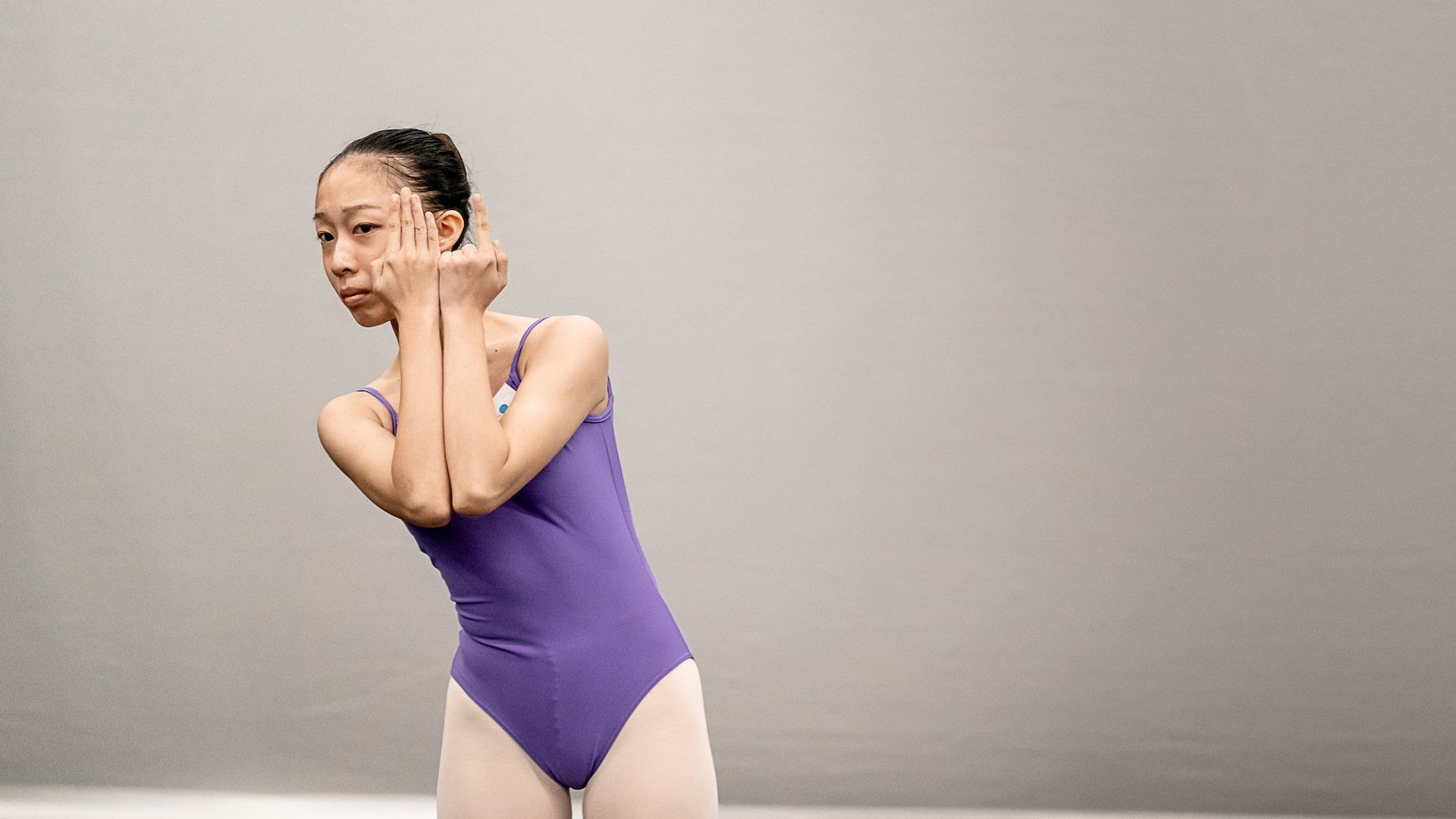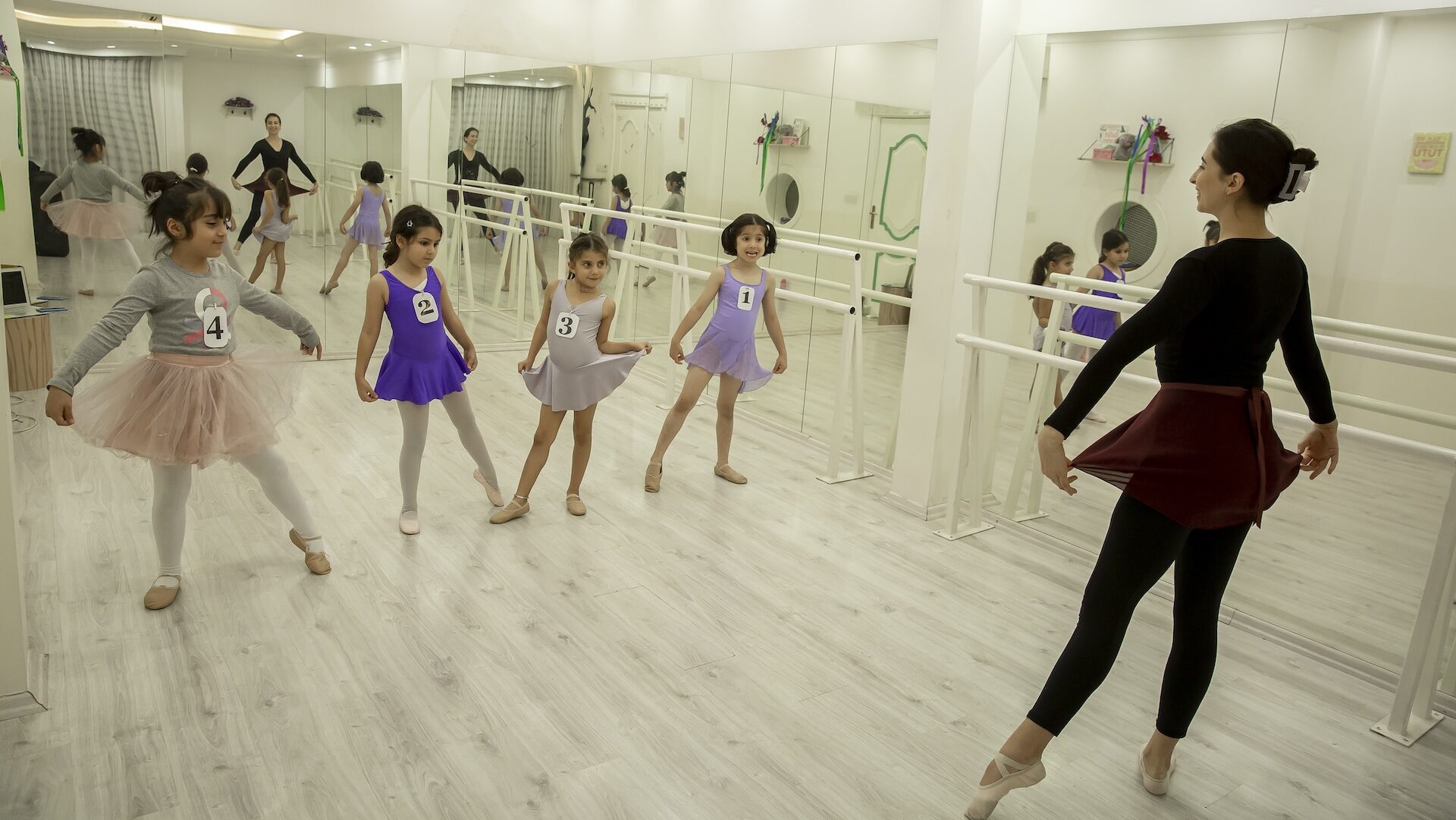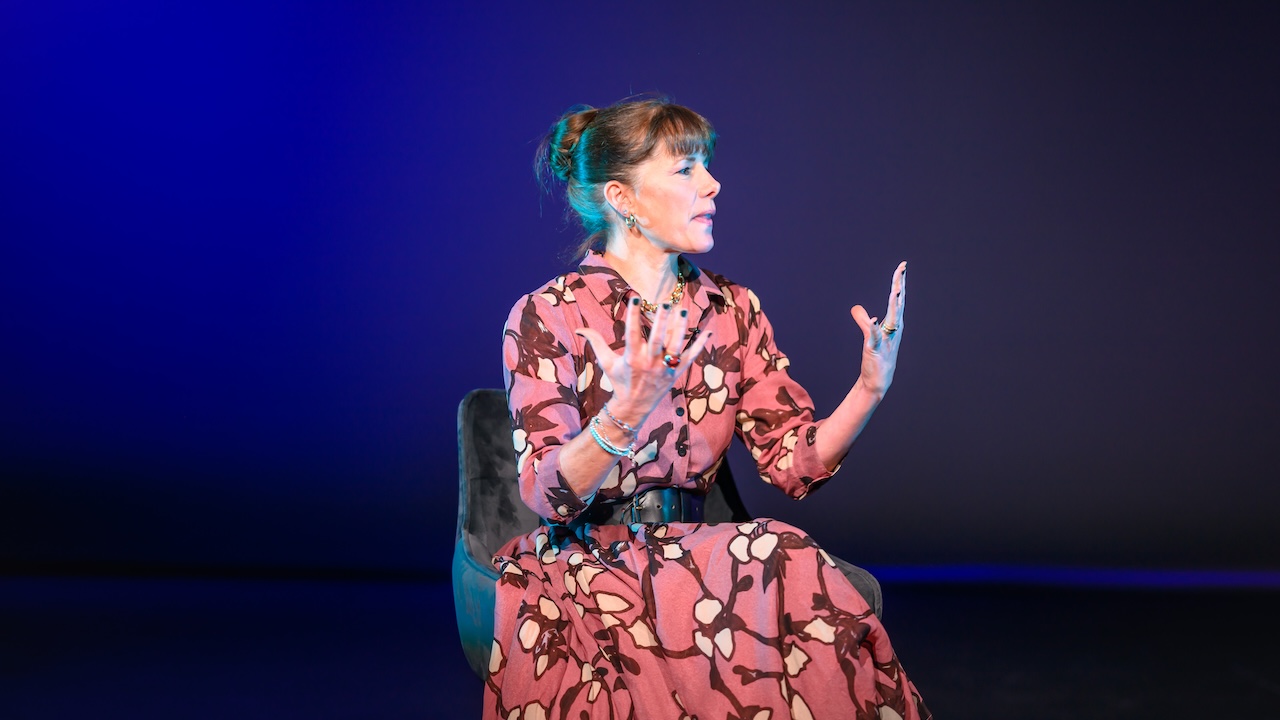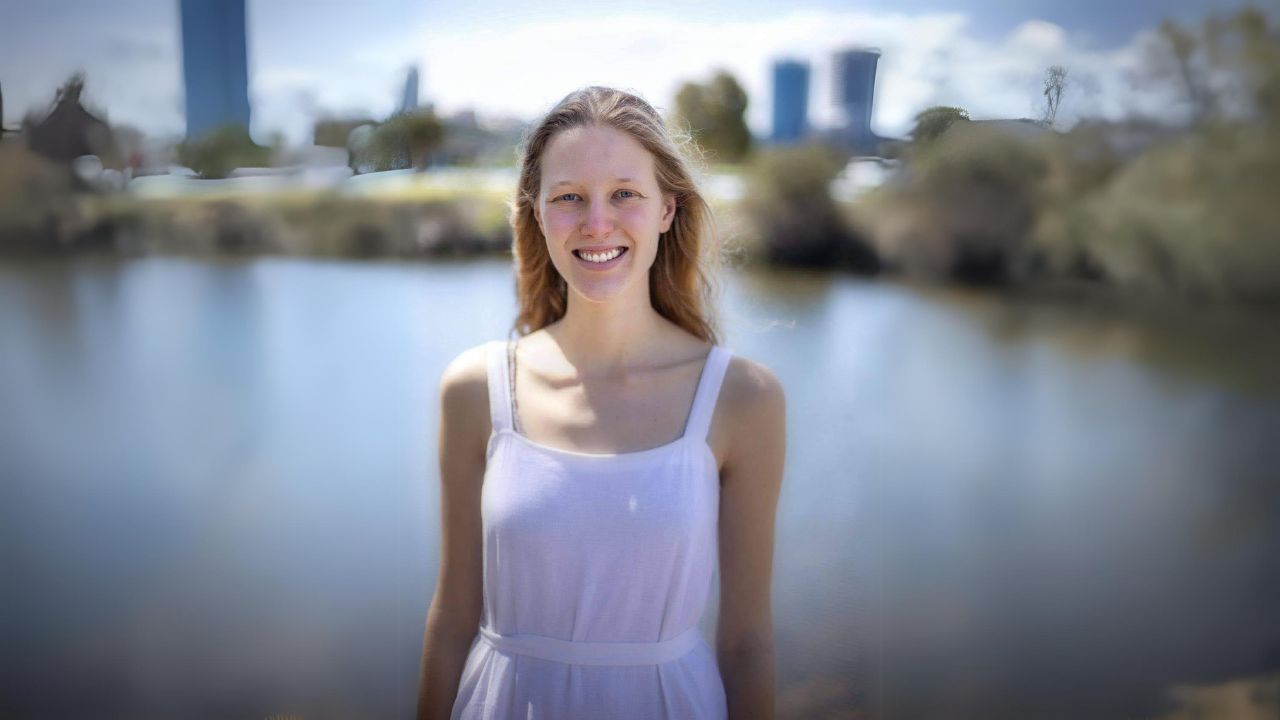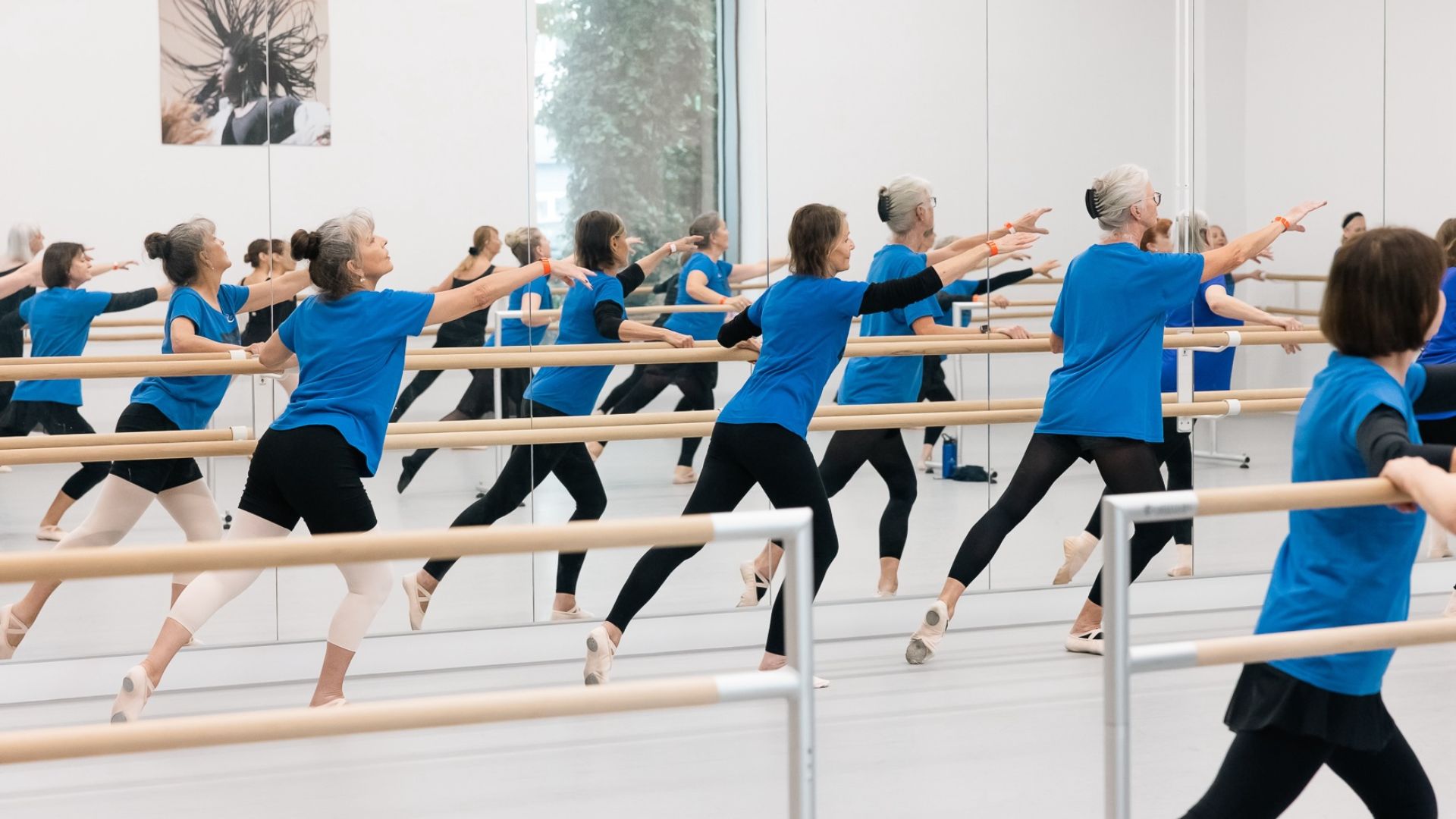What was it like to hear Darcey Bussell announce your name as the gold medallist?
Every time I do a competition, I always think it’s a performance. I don’t necessarily think about the competition aspect, because then it becomes more pressurised and I always end up doing worse. So I wasn’t expecting anything, to be completely honest – because it’s the Fonteyn! It was scary, having to stand in front of so many people and bow and accept something so lovely. I didn’t necessarily know how to put it into words, because it’s just a very odd feeling. It’s very surreal and lovely.
Before the final, your father said you would probably be quiet and trying to focus. Is that right?
My dad knows me a bit too well! That was spot on. Before going on stage, you have to just block everyone out. I watched everyone, which was lovely, like a bunch of different variations – so when it came to my bit, I was like: this is my time to tell part of the story, this is my time to entertain people. I don’t take myself seriously – but I take this job seriously, this craft and art. Out of respect for everybody there, all the people that have bought tickets, my teachers and family getting me here and supporting me, I feel like it’s my job to get myself in that zone. So it’s not just me doing this on my own.
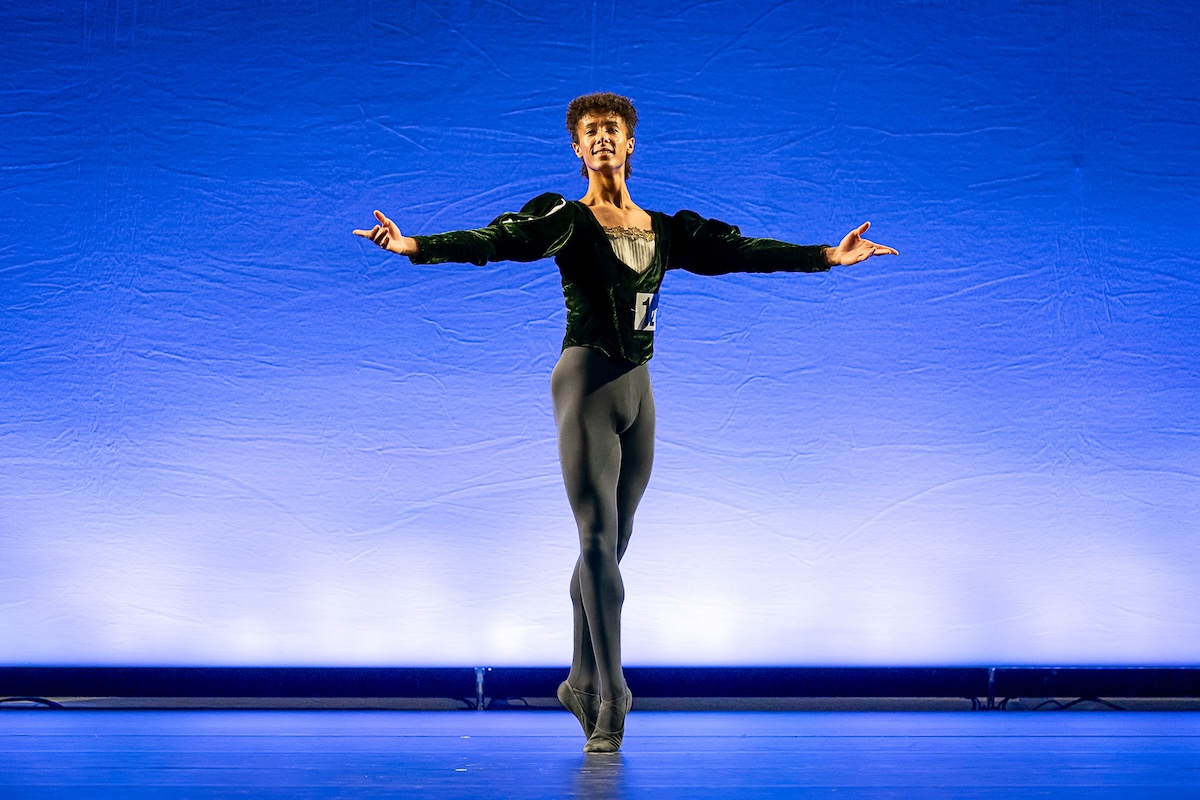
How easy is it to make classical technique your own?
I’ve always trained in several styles: jazz, ballet, contemporary, neoclassical, tap, loads of different things. I’ll take different aspects of different things and fuse them into my ballet. Learning everything is overwhelming, but you can’t lose yourself in the technique. I’ve got teachers and people around me that will tell me, Listen, you’ve got a soul in there. You can’t just turn into a robot lifting their legs up.
At The Fonteyn there were young dancers from all over the world, and coaches seeing you for the first time – how was that experience?
I decided to treat the first half of the week as a summer school and just enjoy it and get as much out of it as I could. The faculty were lovely, and I made such good friends. We were all trying to keep afloat, work together and enjoy it properly. It was such a nice experience.
Being with these new coaches was a breath of fresh air because they were an objective eye. They didn’t know who you were, or any of the technical features you possess. All they were looking for was the energy you gave off and how comfortable you were to watch. We did one rehearsal with Endalyn T Outlaw who was so lovely and warm. She said to me, calm it down. Whatever happens in performance is what happens, you can’t change it. Think of it as just a different version of the dance. It calmed me down, and I was able to do it the best I’d ever done, because it was a completely different correction to any I’d had before.
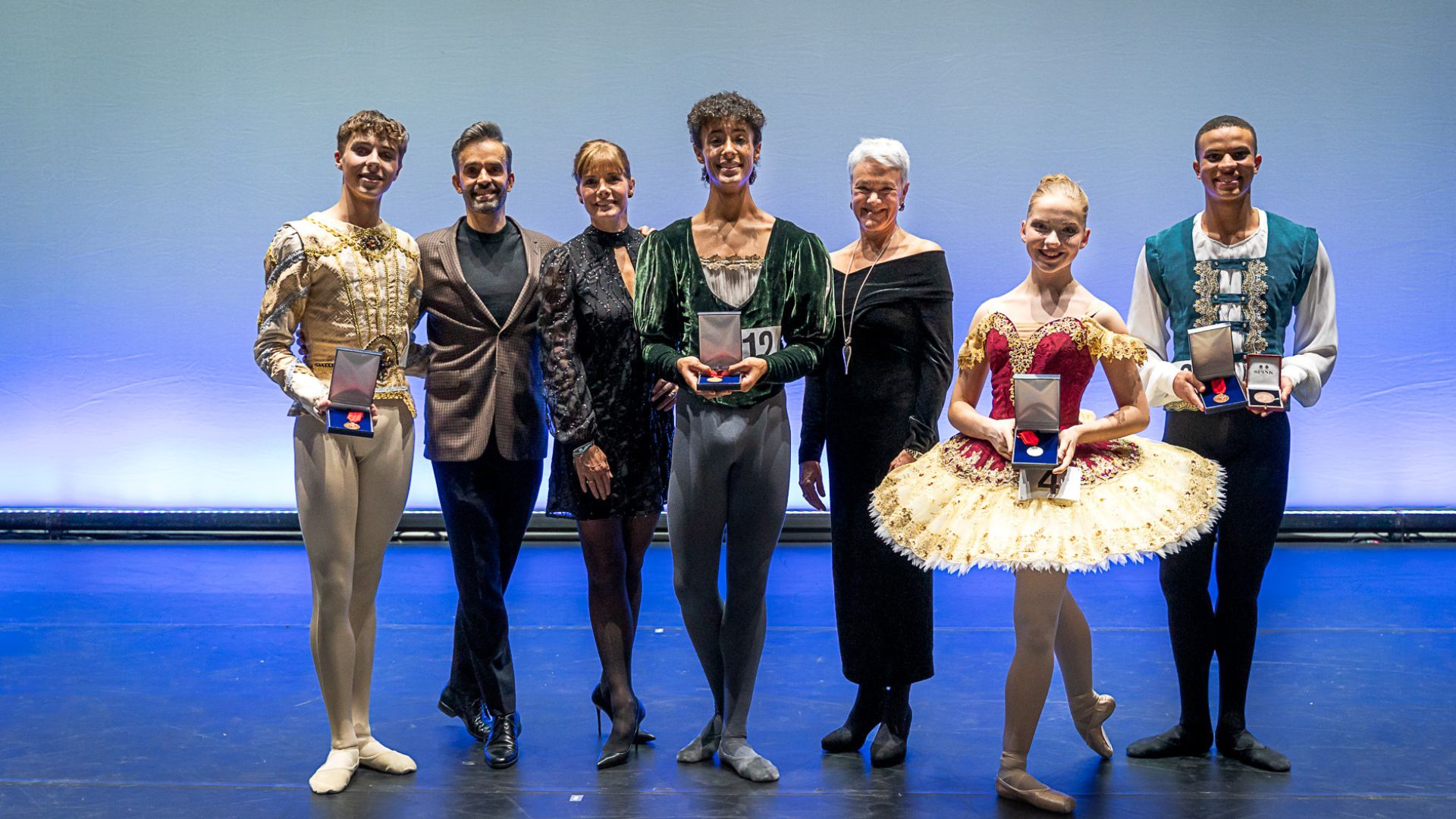
How did dance start for you?
We’ve always been a very creative and athletic family, so we’d try everything. As a two year old, I used to spin around and kick my legs up in the air. I only properly started wanting to do ballet at the age of 10. It’s a comfortable place for me, where I can keep pushing myself to be the best version of myself I can be.
Why does dance matter to you?
It matters because art is important. Art matters. Also, it keeps us all connected, as a whole human race. Anybody can dance, even if it’s just dancing in your kitchen when you’re washing up the dishes. It’s a really great way of expressing oneself. If I’m sad, then I can dance. If I’m insanely happy, I can dance. Even if I’m feeling anger, which is very rare, I can dance. It’s a unique thing, and you can find yourself through it.
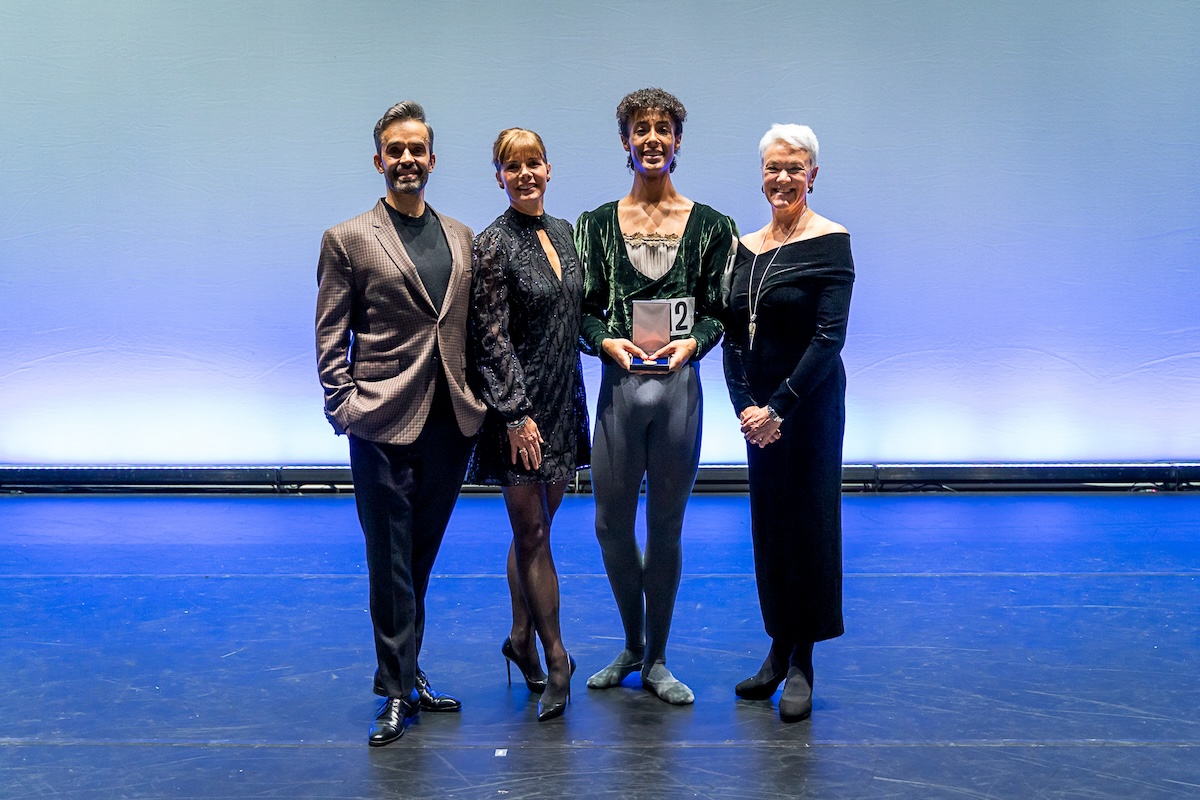
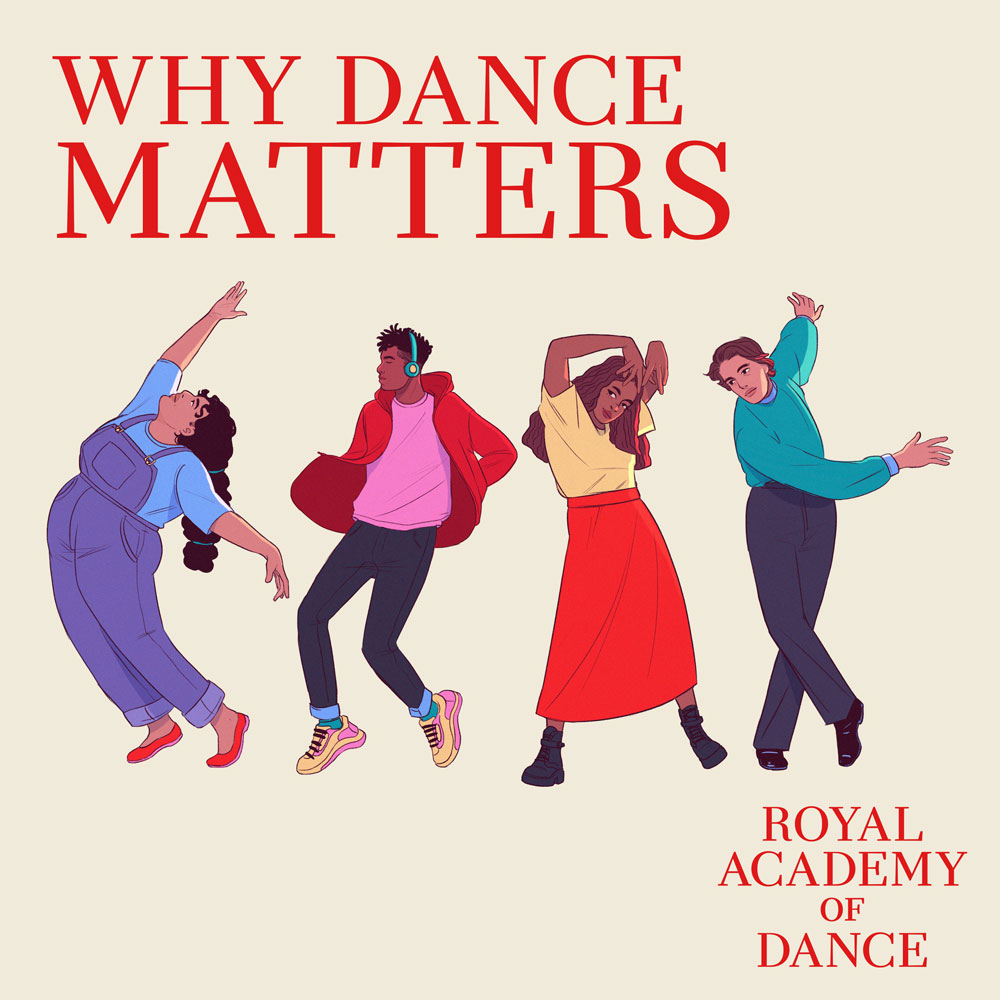
Why Dance Matters
Why Dance Matters is the RAD’s podcast – a series of conversations with extraordinary people from the world of dance and beyond. The latest season also includes Aaron S Watkin, Fonteyn judge and artistic director of English National Ballet, choreographers Pam Tanowitz and Drew McOnie, and the actor Nina Wadia. Please do listen and subscribe.
WATCH
A clip of Jakob performing at The Fonteyn

